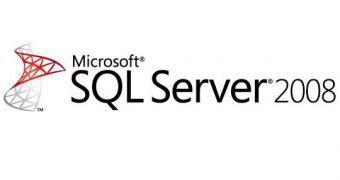SQL Data Services, based on Microsoft's SQL Server technology, are designed as highly-scalable distributed Cloud database services, planned to be a critical piece of the Windows Azure platform. Moving onward with the development process of its hosted database service, the software giant announced that, in accordance with the feedback provided by early adopters, it would accelerate the availability of core relational database features for the SQL Data Services. What Microsoft is essentially doing in order to deliver direct relational database capabilities (including SQL queries, relational schema and stored procedures) is to offer Tabular Data Stream as the service protocol. TDS is SQL Server’s network protocol.
“TDS stands for Tabular Data Stream and it's the published protocol that clients use to communicate with SQL Server. From its inception, SDS has always been built on the SQL Server technology foundation and it just made sense to allow our users to access their data via TDS. Most importantly for developers, this means symmetric SQL Server functionality and behavior combined with compatibility with the existing tools you are familiar with,” explained David Robinson, senior program manager.
Because of the changes related to TDS, SQL Data Services will end up supporting features such as Tables, Stored Procedures, Triggers, Views, Indexes, Visual Studio Compatibility, ADO.Net Compatibility, and ODBC Compatibility, to enumerate just a few items that will make it into version 1 of SDS.
Microsoft's move will permit customers to take advantage of a full relational data model, as well as their current investments in T-SQL in the Cloud. The Redmond company indicated that its Cloud databases would be the first to support such scenarios. At the same time, because of the intimate connection between SQL Data Services and Azure, developers will be able to tap relational database services in relation to their applications created for Microsoft's Cloud Services Platform.
“With the acceleration to a T-SQL based standard relational data model, we will migrate from the current SOAP and REST based Authority-Container-Entity (ACE) data model. We will announce plans for decommissioning the existing REST based SDS service when we introduce the new TDS based SDS Service,” revealed a member of the SQL Server Team.

 14 DAY TRIAL //
14 DAY TRIAL //